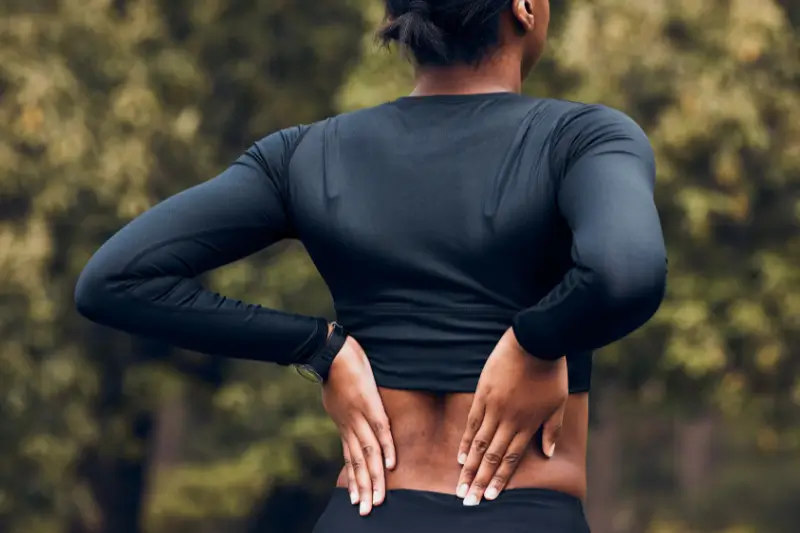Are you dealing with neck or lower back pain that won’t go away? Do you think you may have a bulging or herniated disc yet you don’t know the difference? That’s ok. In this blog we will explain the difference between a bulging disc and a herniated disc, what causes each condition, and the best ways to treat them?
Is a bulging disc and a herniated disc the same thing?
A bulging disc and a herniated disc may seem similar, but they are actually quite different. Wondering what sets them apart? A bulging disc occurs when the outer shell weakens, causing the disc to protrude to one side of the spinal canal. On the other hand, a herniated disc involves the softer, jelly like material within the disc pushing through a crack in its tough outer layer. This can lead to irritation or compression of nearby nerves, resulting in pain, numbness, or weakness. Both conditions can be caused by injury, aging, or degeneration of the spine. However, a herniated disc is typically considered more severe because it involves actual damage to the structure of the disc.
What causes herniated and bulging discs?
A herniated disc can happen due to a connective tissue disorder like lupus or rheumatoid arthritis. Or it can happen because of congenital disorders such as heart defects or Down syndrome.
A bulging disc can happen for a variety of reasons. It can happen from a spinal injury resulting from a fall, sports injury, or car accident. Poor posture and repetitive motions can also cause bulging discs, especially if you are constantly lifting heavy objects and using improper techniques when lifting these objects. Age is also another factor. In fact, the majority of people have a bulging disc by the age of 40 years old, but most don’t realize it since they are not experiencing symptoms.
Can a bulging disc become a herniated disc?
Yes, it is possible for a bulging disc to progress and become a herniated disc. This occurs when the outer layer of the disc weakens enough to allow the inner gel-like material to leak out, putting pressure on nearby nerves. This can cause pain, numbness, tingling, and weakness in the affected area.
How to prevent herniated and bulging discs
To keep your spine in good shape and avoid disc problems, it’s important to practice healthy habits and stay away from things that could make your discs worse. Here are some simple tips to help protect your discs and keep your spine healthy.
Avoid habits that can accelerate disc deterioration, such as:
- Smoking
- Excessive alcohol consumption
- Being overweight
- Prevention tips for herniated and bulging discs
- Maintain a healthy weight
- Engage in regular exercise
- Uphold good posture
- Exercise recommendations
- Engage in low-impact exercises to prevent further damage to an injured disc
How to treat herniated and bulging discs
So, how do you treat these two conditions? Treatment for both a bulging disc and a herniated disc usually starts with conservative methods such as rest, physical therapy, and pain management. In some cases, surgery may be necessary if symptoms persist or worsen. However, while a bulging disc can often be treated successfully with non-invasive measures, a herniated disc may require a more aggressive approach due to its potential impact on nerve function.
If you are experiencing symptoms of a bulging or herniated disc, it’s important to seek medical attention. At the International Spine and Sports Institute, we can diagnose the condition through a physical exam and imaging tests such as X-rays or MRI scans, and provide treatment options to help you feel better and improve your quality of life.

